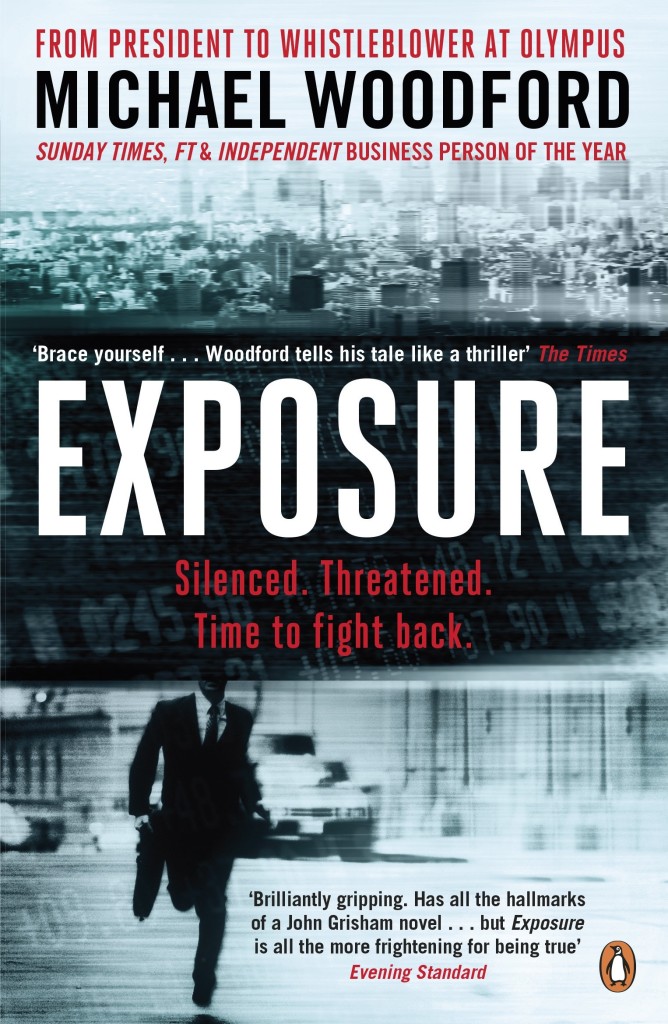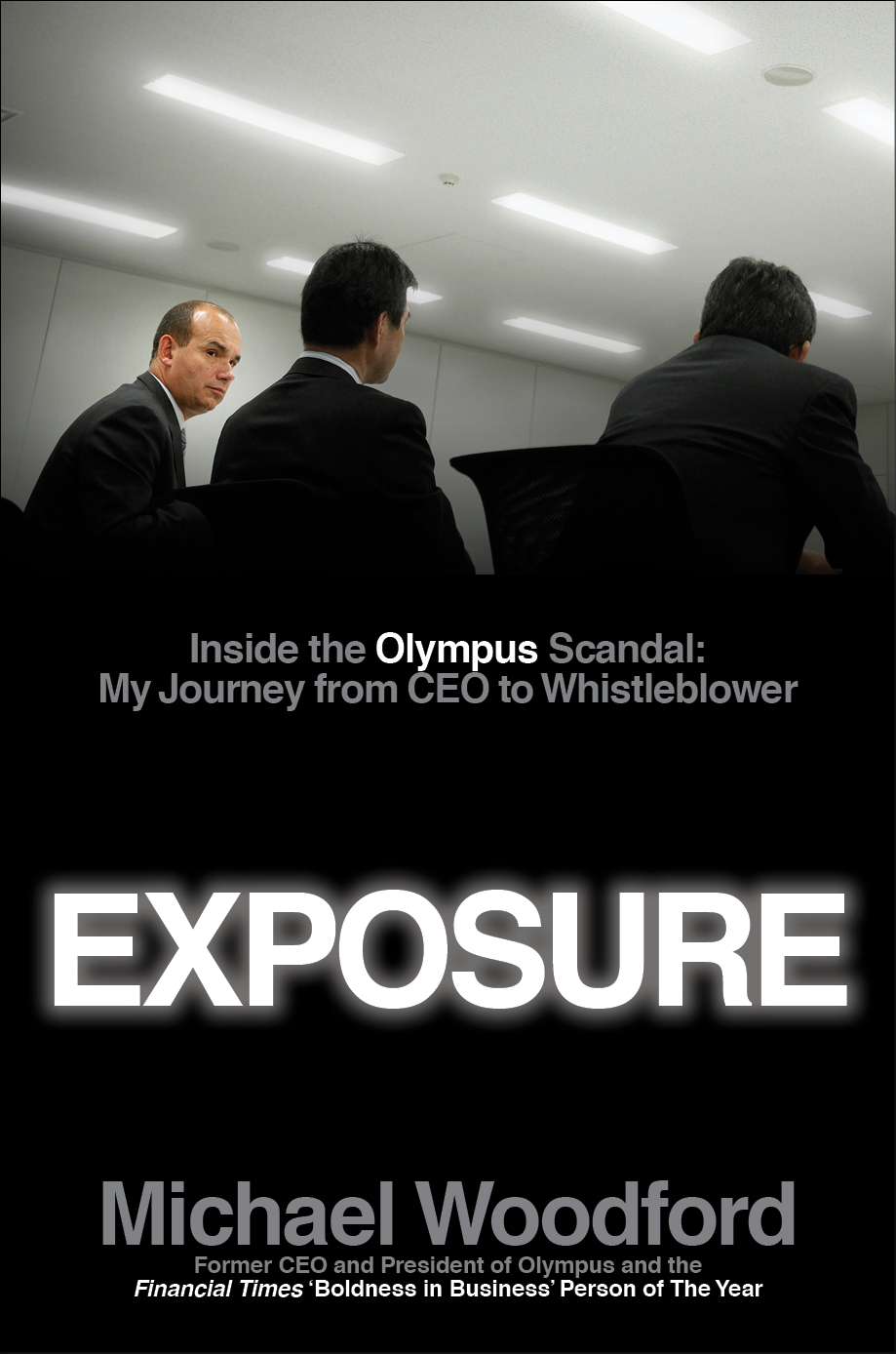December 9th, Tokyo* (Updated from December 7th post)
The Prime Minister Abe Shinzo (LDP) led ruling coalition passed the ominous new Designated Secrets Bill yesterday in the middle of the night on December 7th (Friday, Tokyo time), apparently fearing that the light of another day, or the harsh radiation of the truth, would cause the legislation to shrivel up and die. The ruling government cut off debate and forced a vote in the upper house of Japan’s parliament, The Diet, before the clock could strike midnight. 130 were in favor, 82 were opposed.
The law will punish journalists and whistleblowers who divulge government secrets with up to ten years in prison, and up to five years for those who “instigate leaks” (ask questions about state secrets). There is no independent third-party organization set in place to monitor how the law is applied and it gives every ministry and the smallest government agency or related committee carte blanche to declare any inconvenient information “top secret.”
Prime Minister Shinzo Abe, the LDP, Komeito, and “Your Party” relentlessly pushed the bill forward, despite a sudden dip in cabinet support rates to below 50% and increasing opposition within Japan and the world. Earlier this week, the LDP Secretary General, Shigeru Ishiba, labeled the growing protests “tantamount to terrorism” which prompted more public outcry. There were estimated to be 15,000 people outside Japan’s parliament (The Diet) chanting in protest when the bill was passed.
We don’t know what will be a secret. We don’t know who will be kept private under this law. And it’s a law that doesn’t inform the citizens of anything, so I oppose it… The current administration is slowly trying to create a country that has the ability to fight a war. I’ll continue to fight against this law, because it is the beginning of such a country. —Unemployed, 53, Yoriko W●●●, who protested the bill on December 6th
Every major news organization, publishing group, human rights group, in Japan opposed the bill. Even the Doctor’s and Dentist’s Association finally voiced disapproval of the draconian legislation. According to opinion polls, only 25% of the public supported it, and 50% opposed it.
The aims of this bill are not drawn out that clearly. We already have many laws against the leaking of information. The Civil Servant’s Laws etc (国家公務員法)So I don’t know why this law is necessary. Japan is a country that needs information to be open. This law stops the free flow of information and makes it hard for journalists to report on their stories. Kanna M●●● (46)
The Committee to Protect Journalists, in a post, Japan: State Security Does Not Justify Restricting Information succinctly summarizes the major problems with law as follows:
The (law) will effectively allow the government to proclaim any potentially embarrassing information a “state secret” and to keep it from the public for 10 years with the opportunity to extend that period. Under the new law, a whistleblower could face up to 10 years in jail for publishing what the government deems a “state secret.” That level of punishment for what is arguably not a crime is not protective. It’s repressive.
Over 80% of the Japanese population fears that the new laws will be used to cover up scandals and hide the truth from the public.
One individual who shares that fear is Michael Woodford, the former CEO of Olympus, Japan’s mega optical maker. Mr. Woodford courageously exposed 1.7 billion dollar accounting fraud at the company while he was still the CEO, at great personal risk, because he believed the truth had to be known. The mainstream Japanese media and associated parties went to great lengths to ignore his whistle blowing. Even the Financial Services Agency, which is supposed to ensure the transparency of Japan’s financial markets, made efforts to bury the story and leaked information which suggested that no criminal activity had been committed. It was the persistent investigative reporting of Japanese magazines like FACTA (which broke the story), ZAITEN and follow-ups by the foreign press that made the case impossible for law enforcement to ignore.

Here is what Mr. Woodford had to say in response our request for a comment. He eloquently summarizes the problems of the bill from his own personal experience.
“As someone who during the Olympus scandal experienced first-hand the
deferential and self-censoring nature of much of the Japanese media, I’m
profoundly concerned by the new state secrecy law. I remember a
discussion with a leading Japanese financial journalist in January 2012,
(held in front of Jonathan Soble of the Financial Times who broke the story)
as to what would have happened if I had given them the file supporting my
allegations, as opposed to a Western media outlet. The journalist was
extremely honest in stating that they would have loved to have run the story
but the editor would never have allowed this. The message was clear; you do
not challenge a large Nikkei listed company of wrongdoing, regardless of the
strength of evidence. I found this at the time profoundly depressing, as in
developed democracies it’s the media which is the most effective mechanism
for holding the powerful to account. We have seen this in practice from
everything from Watergate to British parliamentarians being exposed for
abusing their expenses.Of course, every country has a fundamental right to protect its citizens’
interests and there is an obvious need for some issues relating to national
security to be secret. However, it is the vague definition in the new bill
of what actually constitutes a state secret which potentially gives
officials carte blanche to block the release of information on a vast range
of subjects. Whenever I’m asked to comment on the disputed islands in the
East China Sea and ongoing tensions with China, I always emphasise that
Japan is a peace-loving democracy, but this loosely worded bill, in my
opinion, is more characteristic of the state controls of the world’s
autocratic regimes. In essence, anything which makes a journalist in Japan
even more uncomfortable with exposing wrongdoing, wherever it may exist, is
a worrying development when transparency and openness should be the way
forward.“
So it goes in the land of the setting sun….
★★★★
*Note: This and other articles on the secrets bill at Japan Subculture Research Center may be quoted at length without permission. If possible, please credit the source in your posts or article. Also, I consider Michael Woodford to be a stand-up fellow, good friend, and I wrote the afterword to his book. Therefore, I may lack objectivity in believing him to be absolutely correct. Just so you know.

So Sad! Japan and US are becoming more and more like the former USSR and Mao’s China.
We are living on a Prison Planet.
Wow, how ‘convenient’. Now, if someone says Abe is an idiot, they can be arrested and jailed for revealing state secrets.
I am wary of overly aggresive and expansionist policies of China, especially the recent Air Defense Zone shenanigans, but seeing how Abe is trying his best to make Chinese statements of imperialist, totalitarian Japan true, you can only congratulate him for his hard work undermining any support Japan might garner among free and democratic nations.
What Air Defense Zone shenanigans?? China’s only seeking parity. International relations require a balance of power, and China feels like the regional and then international power balance needs to be redistributed in the region in accordance with its own rising stature. Japan and the US have ADZs themselves, after all.
Just another day on Planet Earth. No need to make a morality play of things!
CPJ is mistaken about how long designated secrets can be kept from the public. It’s not 10 years – its 60! http://ajw.asahi.com/article/behind_news/politics/AJ201312070050
I think they were looking at earlier drafts of the legislation. 😀 And actually, some documents may be longer than 60 years.
Wow, great post, great site. When I found out about this new Japanese law, my first thought was “hmmm, wonder what the ‘Tokyo Vice’ guy has to say!” Really. And now I’m learning about Michael Woodford and his tenure at Olympus! A nice surprise. Thanks for the information.
You’re very welcome.
I wonder if now whenever I go to Japan as a tourist, if I say something disparaging or counter to the government line, will I be whisked away to jail as a “troublemaking foreigner” and jailed for “releasing state secrets?”
Just wait long enough and you’ll find out. (Yikes)
Thanks for the informative articles. Where can I get a copy of the legislation?
Any person for that matter does not like to
remain with that infection. First one must determine as to what
is the apt use. It was not easy, but the amount of money that companies
would save in almost every area eventually convinced
them to do so.